Heart Double Valve Replacement Cost in India
Unlock Exclusive Discount : Your Gateway to Premium Healthcare with Medsurge India Health Value Card.

Unlock Exclusive Discount : Your Gateway to Premium Healthcare with Medsurge India Health Value Card.

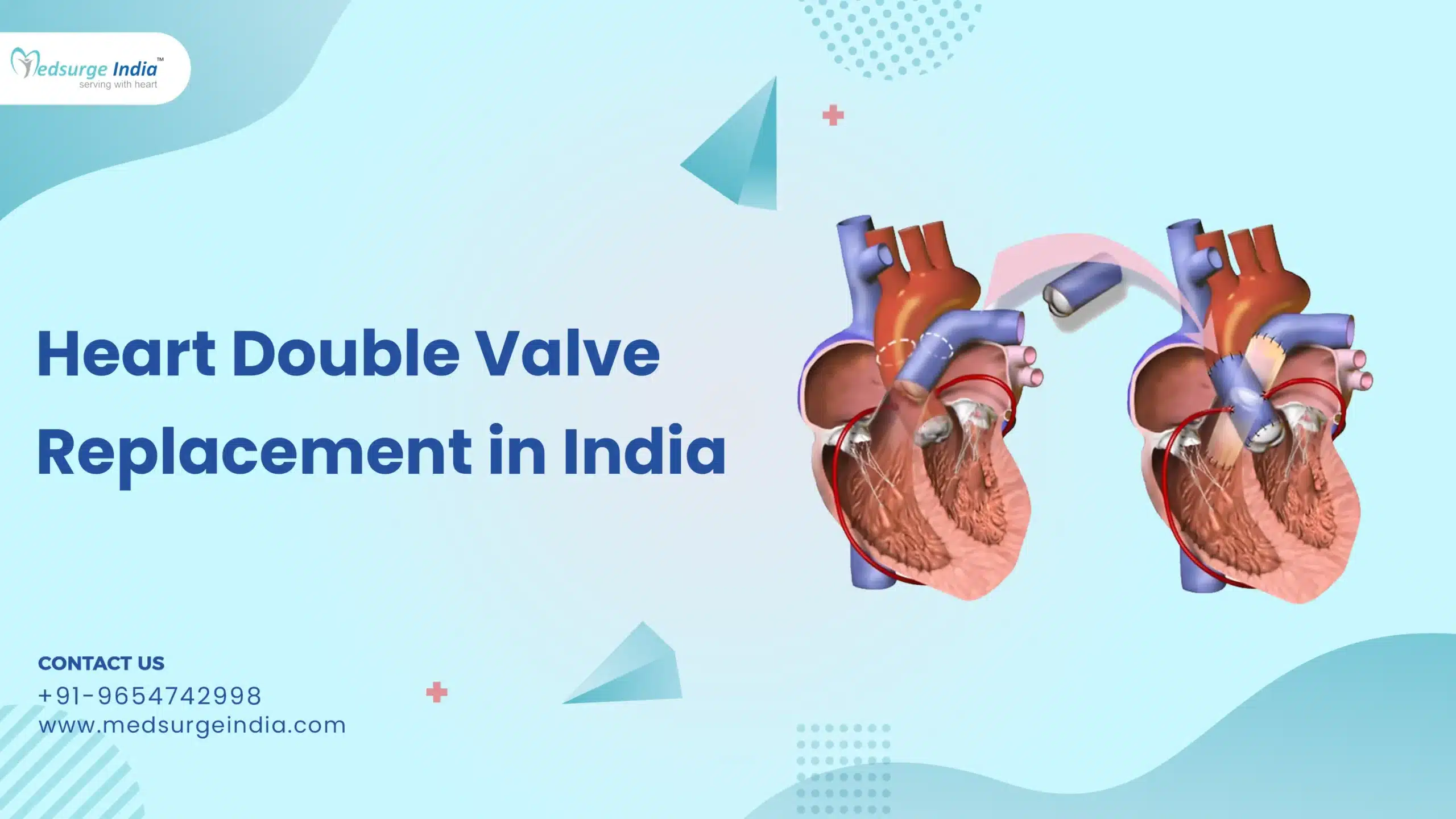
Heart valve repair is a surgical procedure performed on the heart. In a double valve replacement, both the mitral and aortic valves, or the entire left side of the heart, are replaced. During heart valve surgery, a surgeon either repairs or replaces the damaged or diseased valves. Various surgical methods, including open-heart surgery and minimally invasive techniques, can be used for this purpose.
The cost heart double valve replacement in India can differ based on individual cases, so a specialist evaluation is advised to determine the best approach. Factors such as the treatment process, type of room, and other elements can also affect the cost and quality of care.
The cost of heart double valve replacement in India is lower compared to countries like the United States, Russia, and others. The success rate of this procedure in India is attributed to the expertise of cardiac surgeons and the advanced medical technology available in leading hospitals. Moreover, India offers competitive pricing while maintaining high clinical standards.
The cost of heart double valve replacement in India ranges from $6200 to $8200. The price can also vary depending on the type of heart valve used in the treatment.
| Cities | Starting Price |
| Delhi | $6200 |
| Gurgaon | $6500 |
| Noida | $5500 |
| Mumbai | $6500 |
| Hyderabad | $5700 |
| Chennai | $6200 |
| Kolkata | $6300 |
| Bangalore | $6500 |
Note: Keep in mind that the overall price of Heart Double Valve Replacement cost in India will be determined based on several factors.
The following are some variables that will affect the treatment for Heart Double Valve Replacement cost in India:
For foreign patients traveling to India, Medsurge India provides the finest Heart Double Valve Replacement cost in India at a reasonable cost, all while being supervised by top medical professionals.
The heart is a muscular pumping organ that pumps blood around the body. It has two upper chambers, known as atria, and two bottom chambers, known as ventricles. Blood flows forward through the heart due to valves that connect each of the heart’s pumping chambers. The location of the four chambers is as follows:
Heart valve replacement is frequently necessary for addressing issues related to the aortic or mitral valves. In certain instances, it may be required to repair or replace multiple valves. Surgeons typically utilize two primary categories of heart valves for this procedure:
The decision between biological and mechanical valves is influenced by the patient’s age, lifestyle, and medical history. Each type presents its own advantages and disadvantages, and the final choice is typically made in collaboration with the cardiac surgeon, taking into account the specific requirements of the patient.
Following symptoms you may experience if your heart valves become diseased or damaged:
A Journey of Triumph: Mrs. Elizabeth Marijena Success Story of Mitral Valve Replacement in India
A hospital stay is required for heart valve repair or replacement surgery. Procedures may differ depending on your situation and the practices of your healthcare providers.
This is how open-heart valve repair or replacement generally goes:
The heart will beat on its own and all incisions will be sewn or stapled closed until the heart valve has been removed and the surgery is finished.
Patients will spend some time in the intensive care unit (ICU) after the surgery, where they will be closely monitored to ensure that there are no complications. The patient will be transferred to another room after that.
The majority of heart valve replacement patients spend between five to seven days in the hospital. You might be able to go home sooner if your operation was minimally invasive. During the first few days after a heart valve replacement, medical professionals will provide pain medication as needed and regularly evaluate your blood pressure, respiration, and heart function.
Depending on your rate of healing and the type of surgery you had, full recovery could take a few weeks or many months. Because the infection is the most common complication following surgery, it’s critical to keep your incisions sterile. If you develop symptoms that indicate infection, such as the following, call your doctor straight once:
Follow-up appointments are crucial in assisting your doctor in determining when you are ready to resume your normal activities. Make sure you have a support system in place for the weeks and months after your surgery. As you heal, enlist the support of relatives and friends to help you around the house and drive you to medical appointments.
India is a leading provider of healthcare services, offering treatments that match those in top countries. Here are some reasons why international patients prefer India for their medical needs within their budget:
Indian hospitals that perform surgery are well-known for their hospitality and patient care services providing the finest hospital and surgeons in India. However, choosing a suitable hospital for treating Heart Double Valve Replacement in India can be difficult for an international patient. It is a significant decision that must be made with several factors in mind, including:
Medsurge India is a prestigious support system for patients looking for doctors, hospitals, and specialized treatments. Our staff will provide you with a list of licensed, renowned, and trustworthy physicians and medical facilities in relation to your medical needs. Additionally, we offer a treatment strategy that fits your budget. Apart, we assist patients with obtaining travel authorizations, medical visas, and a multitude of other things.
| Estimate Type | Estimated Cost (USD) |
|---|---|
| Total Package Estimate | USD 6,200 – USD 8,200* |
*Final cost depends on hospital, patient condition, and additional procedures/devices if required. Share your reports to get an accurate quote.
Estimated cost range in India: USD 6,200 – USD 8,200*
*For an accurate quote and hospital options, share your reports and preferred city/hospital.
A hospital stay is required for heart valve repair or replacement surgery. Procedures may differ depending on your situation and the practices of your healthcare providers.
This is how open-heart valve repair or replacement generally goes:
The majority of heart valve replacement patients spend between five to seven days in the hospital. You might be able to go home sooner if your operation was minimally invasive. During the first few days after a heart valve replacement, medical professionals will provide pain medication as needed and regularly evaluate your blood pressure, respiration, and heart function.
Depending on your rate of healing and the type of surgery you had, full recovery could take a few weeks or many months. Because the infection is the most common complication following surgery, it's critical to keep your incisions sterile. If you develop symptoms that indicate infection, such as the following, call your doctor straight once:
Follow-up appointments are crucial in assisting your doctor in determining when you are ready to resume your normal activities. Make sure you have a support system in place for the weeks and months after your surgery. As you heal, enlist the support of relatives and friends to help you around the house and drive you to medical appointments.
The country has some of the best medical care facilities and services in Asia, making medical tourism in India very popular. The best Hospitals for Heart Double Valve Replacement in India provide all types of disease-related surgeries using advanced technology. Also, Heart Double Valve Replacement in India is much more affordable as compared to other states or nations around the world. An international patient can expect to pay 50-60% less for Heart Double Valve Replacement in India.
The best hospital that performs Heart Double Valve Replacement in India provides comprehensive appropriate treatment, including comprehensive pre-operative evaluations, minimally invasive surgical options, and post-operative rehabilitation programs. At these medical facilities, patients may anticipate personalized care, individualized attention, and compassionate treatment. Leading international agencies like the Joint Commission International (JCI) or the National Accreditation Board for Hospitals and Healthcare Providers (NABH) have accredited the hospitals.
A: Depending on the number of valves that need to be repaired or replaced, the surgery will take at least two hours or longer. You'll be in a recovery room or an intensive care unit when you wake up (ICU). You'll spend roughly a week in the hospital.
A: Aortic valve replacement is a serious procedure with potentially catastrophic complications. The chance of dying as a result of the procedure is estimated to be 2% overall. However, this risk is much smaller than the risk of not treating severe aortic disease.
A: Repairing or replacing a heart valve carries a number of risks:
A: The left ventricle is your heart's largest and most powerful chamber. Although the chamber walls of the left ventricle are just about a half-inch thick, they are strong enough to drive blood through the aortic valve and into your body.
A: Infection of the chest wound (particularly likely in obese or diabetic patients or those who have previously had a CABG) Stroke or heart attack heartbeat irregularity The collapse of the lungs or the kidneys
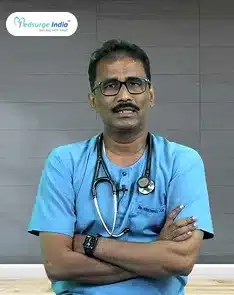
Interventional Cardiologist
Clinical Director
17+ Years
Care Hospital, Bhubaneswar
View Doctor
Interventional Cardiologist
Clinical Director
25+ years
Care Hospital, Bhubaneswar
View Doctor
Interventional Cardiologist
Clinical Director and Head of Department
36+ years
Care Hospital, Bhubaneswar
View Doctor
Interventional Cardiologist
HOD & Senior Consultant
17+ years
Meitra Hospital, Calicut, Kerala
View Doctor
Interventional Cardiologist
Senior Consultant
25+ years
Care Hospitals HITEC City
View Doctor
Interventional Cardiologist
Senior Consultant
10+ years
Care Hospitals HITEC City
View Doctor
Interventional Cardiologist
Director & Senior Consultant
22+ years
Care Hospitals HITEC City
View Doctor
Interventional Cardiologist
Senior Consultant
25+ years
Care Hospitals HITEC City
View Doctor
Interventional Cardiologist
Senior Consultant
28+ years
Baby Memorial Hospital
View Doctor
Interventional Cardiologist
Senior Consultant
14+ years
Baby Memorial Hospital
View Doctor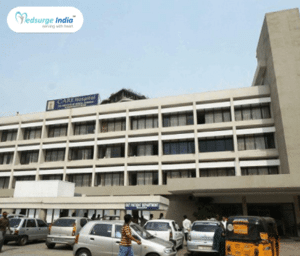
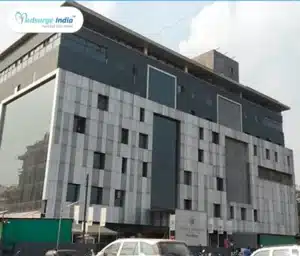
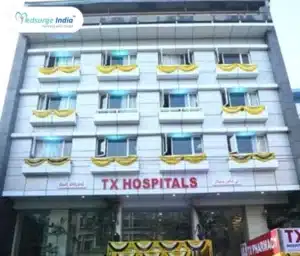
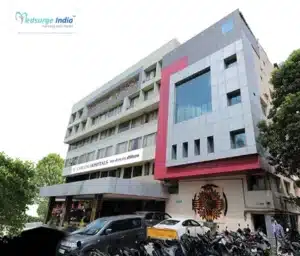



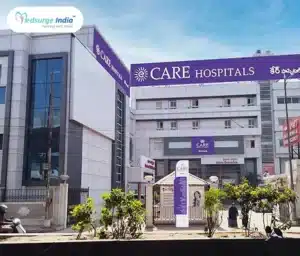
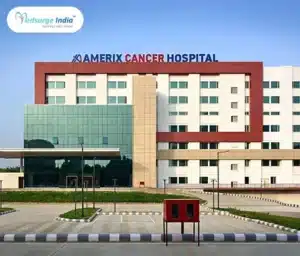
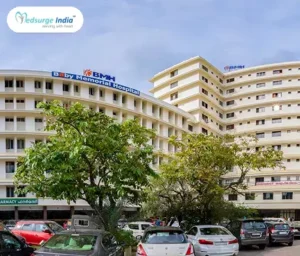
By using our site, you agree to our Terms and Conditions, Privacy Policy and Refund Policy. Medsurge India provides reliable healthcare information and treatment options to support informed decision-making. Our content is designed to support and complement the guidance of your treating doctor, helping you feel informed and confident throughout your healthcare journey. We also Accept International Payments.

Copyright © 2025 NSM ONLINE SOLUTIONS PRIVATE LIMITED. All rights reserved.